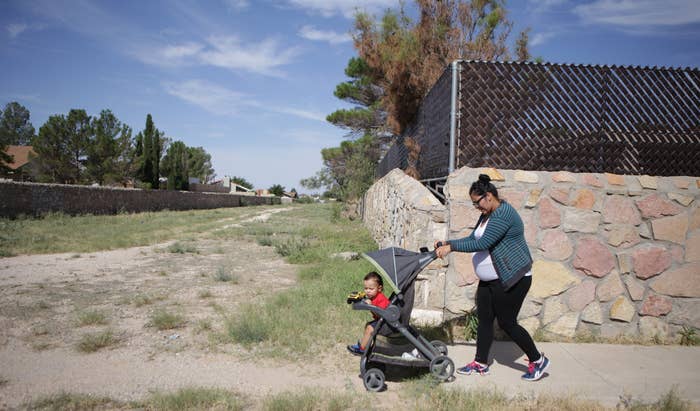
A proposal to help Texans who cannot afford to pay their traffic tickets elicited sharp, and in some cases racially charged, responses from several judges and law enforcement officials across the state.
“Don’t think by giving them this help that they are going to go out and get Insurance-No not going to happen. What is going to happen is our court loses and once again the defendant wins no lesson is learned, and where is the Justice,” wrote Lisa Myrtle, the chief clerk at a Bowie County court, near the Texas-Arkansas border. “Remember the day in Ferguson when the Payless shoe store got looted? Well guess what no a single pair of work boots were taken. Go figure!”
A judge in Smith County, in east Texas, said the rules would weaken the courts and suggested that people without money should use their food stamps to pay fines.
A court collections officer in Burnet County, north of Austin, wrote that people have told her they cannot afford fines, but then gotten arrested multiple times for public intoxication. “So they have money for their beer but not money to pay their fines and fees?” she asked.
The comments were submitted in response to a proposal by the Texas Judicial Council, which studies and reports on the state’s judicial procedures. The proposal suggested giving judges more explicit guidelines to help determine people’s ability to pay and more leeway to extend their payment deadlines. It passed on Aug. 19.
Texas law already prohibits jailing people who cannot afford to pay their fines, unless they are offered community service instead and refuse to do it.
But a BuzzFeed News article published last year found that some judges across Texas were flouting the law and incarcerating people simply because they did not have the money. David Slayton, executive director of the Judicial Council, said that investigation, along with a wider “conversation at the national level” around these issues, sparked the review of state policy.
In a letter to the Judicial Council, Slayton said the responses indicate that the proposal should be clarified. “A large percentage of the comments in opposition are related to people who have some confusion about what the rules would do,” he told BuzzFeed News in an interview.
Others wrote in to say that the new rule is unnecessary, infringes on a judge’s discretion, or allows for too much leniency for lawbreakers. But not all the comments opposed reforms.
Janie Harris, a judge in Walker County, wrote “I appreciate the fact that those who TRULY do not have the ability to pay; not those who just DO NOT CHOOSE to pay, be given as much consideration as possible to take care of the consequences of their choices and decisions.” Other options need to be explored, however, because the new plan is unnecessarily complex and time-consuming, she said.
You can read all comments submitted here.
UPDATE
This post is updated to reflect that on Aug. 19 the Texas Judicial Council approved the proposals mentioned.

